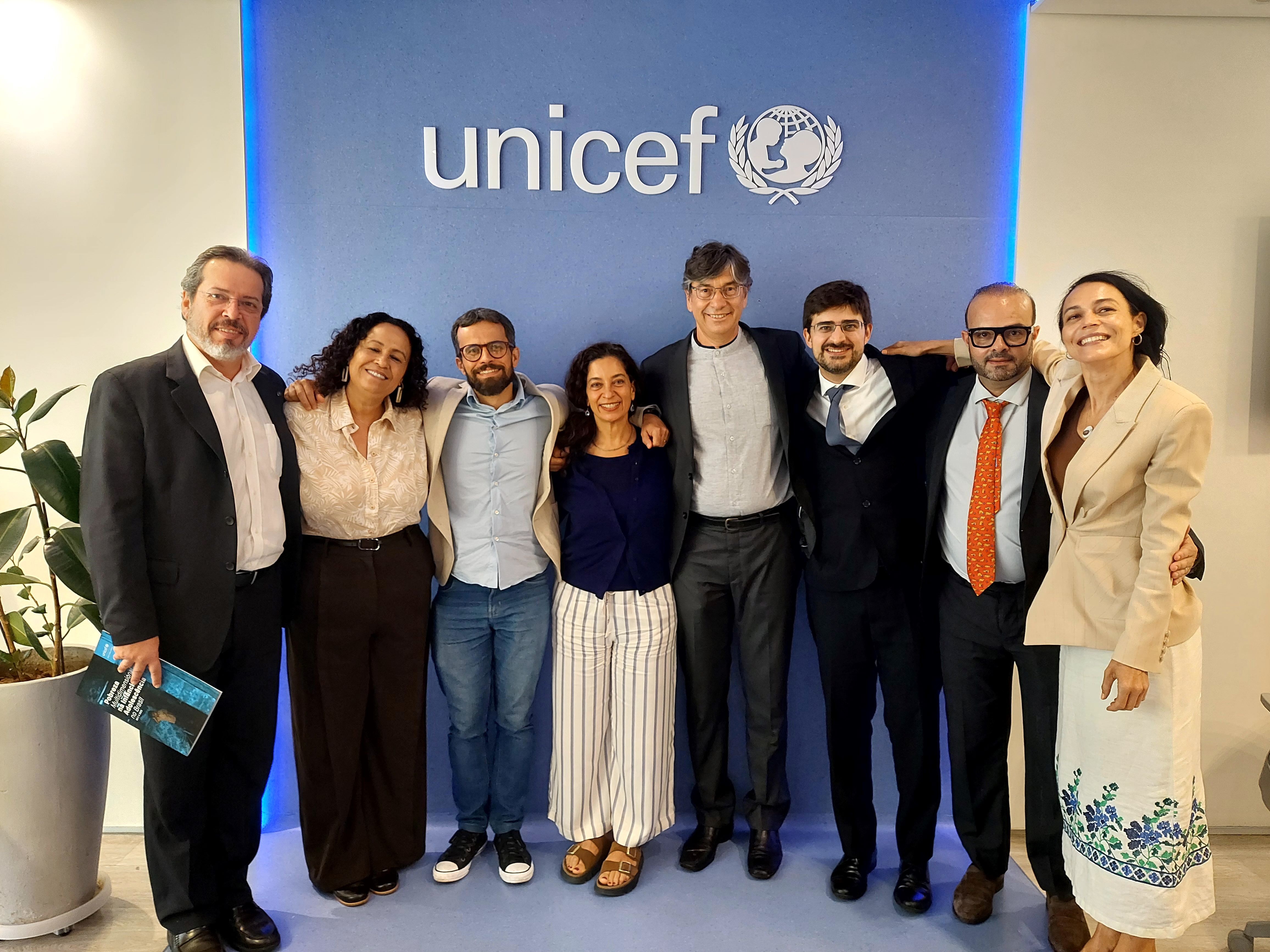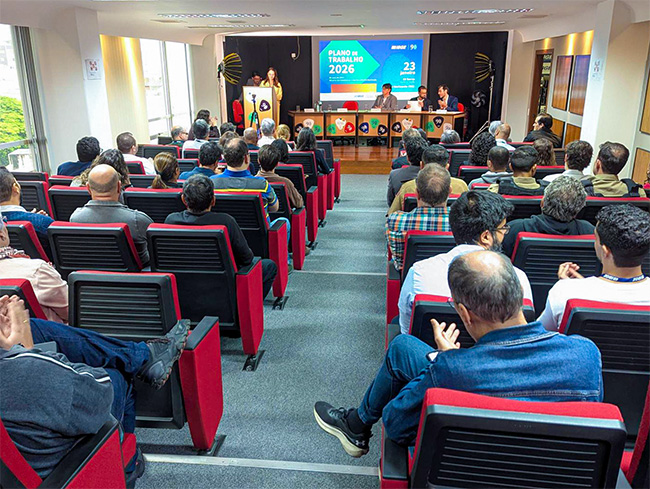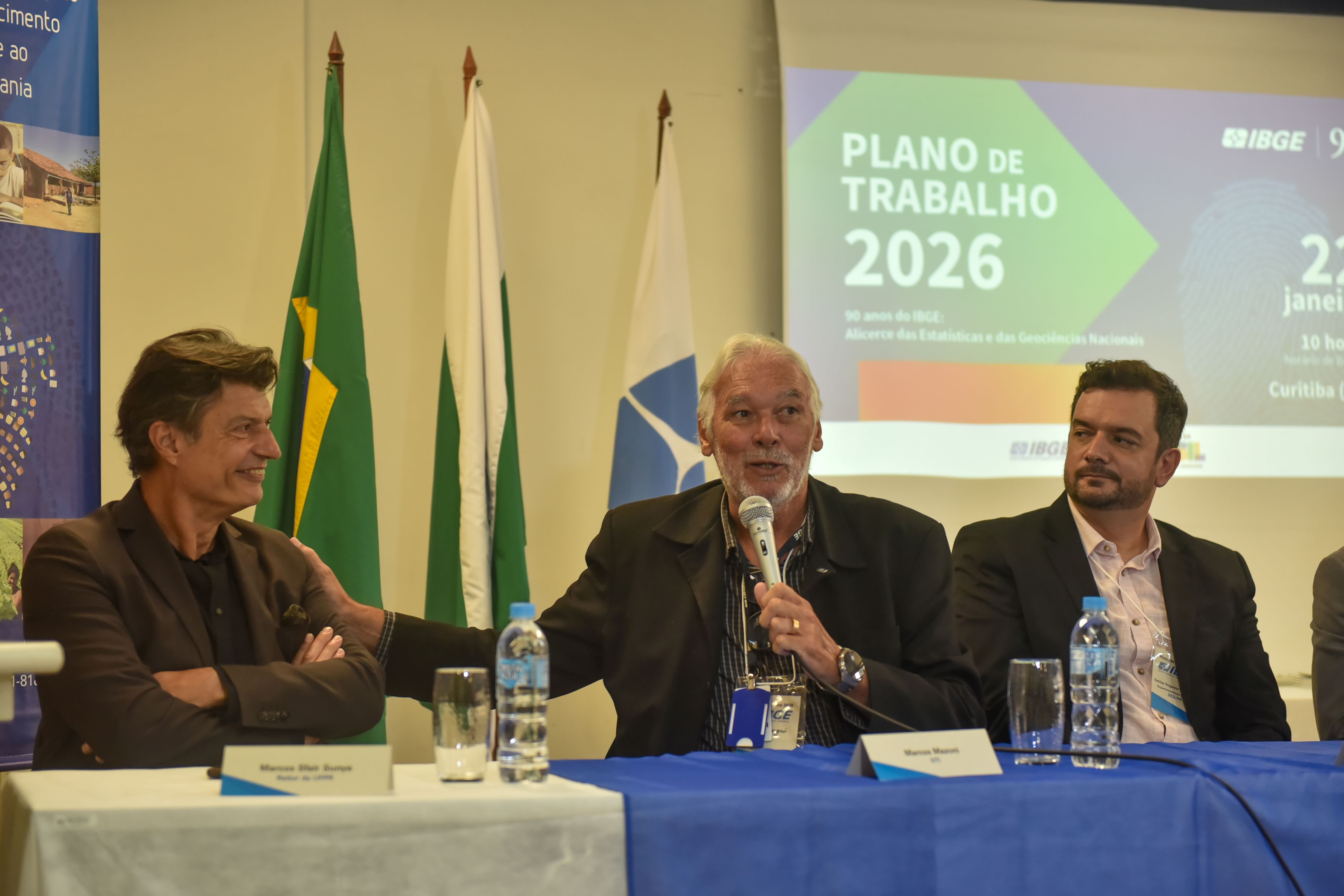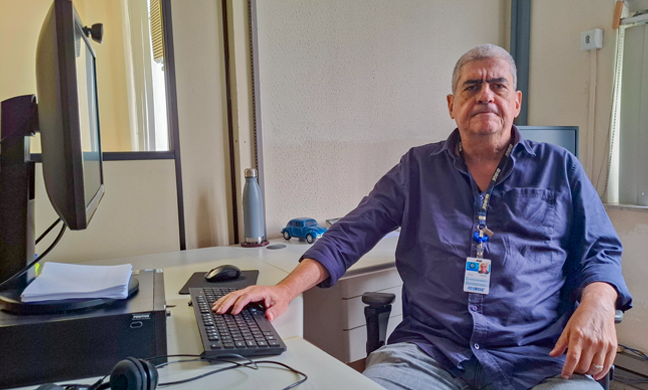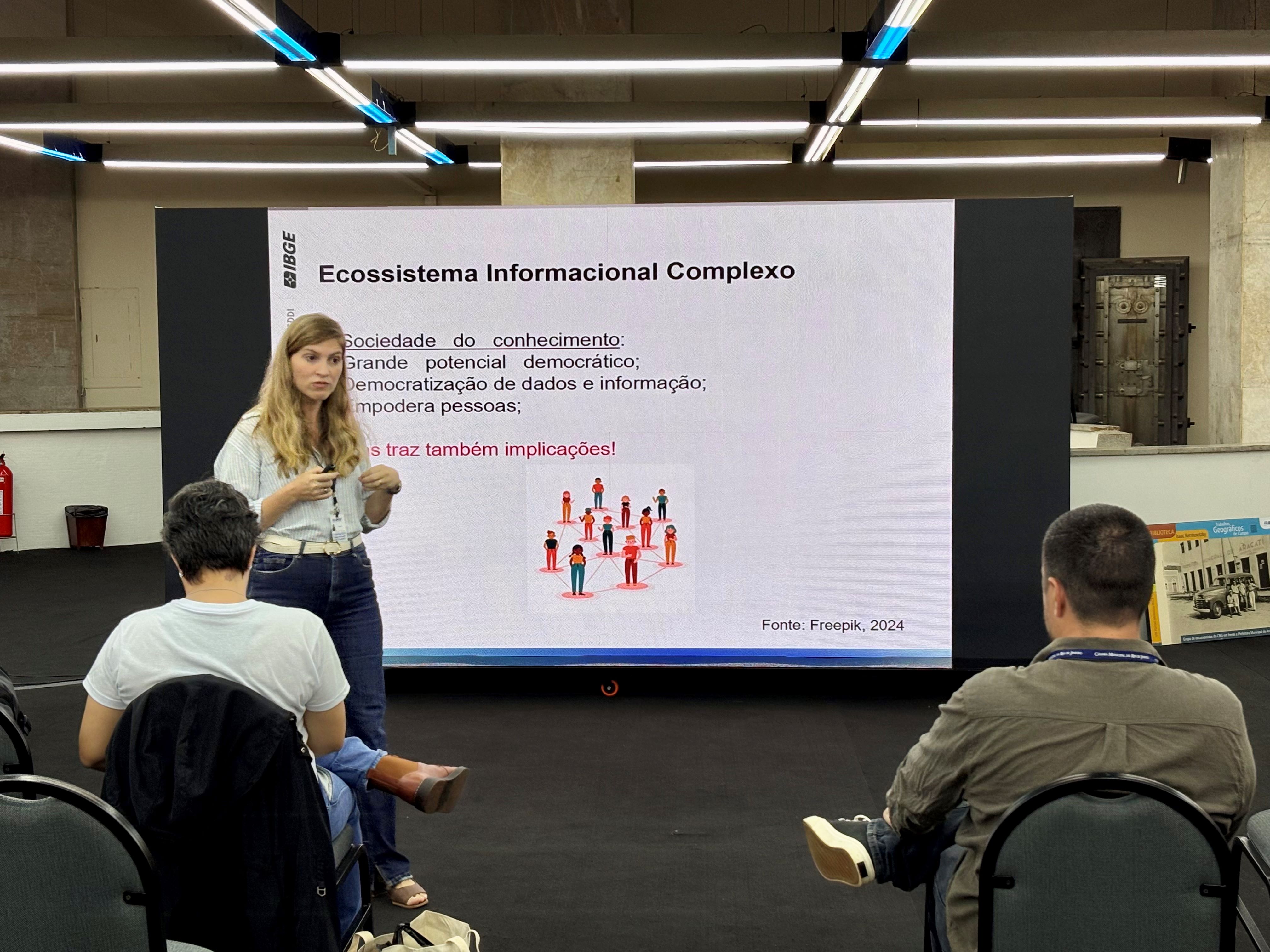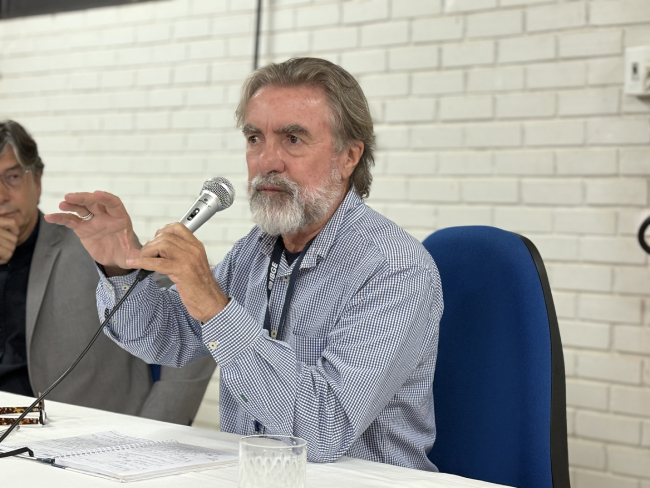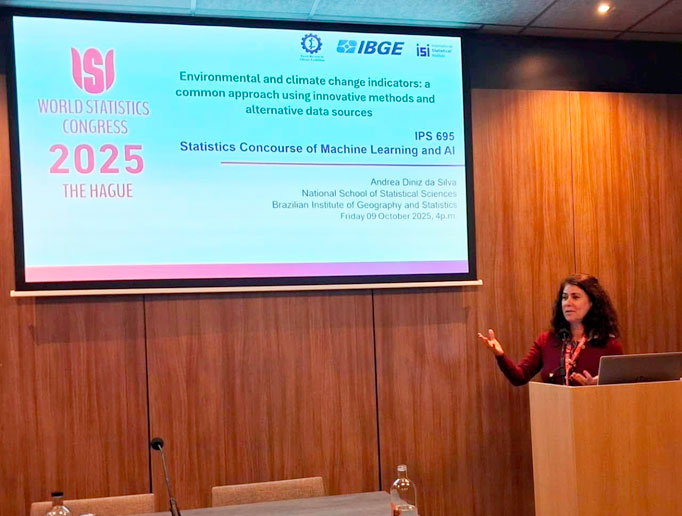Continuous PNAD
IBGE trains researchers, tests questionnaire for cognitive interviews
August 24, 2023 10h00 AM | Last Updated: August 24, 2023 03h46 PM
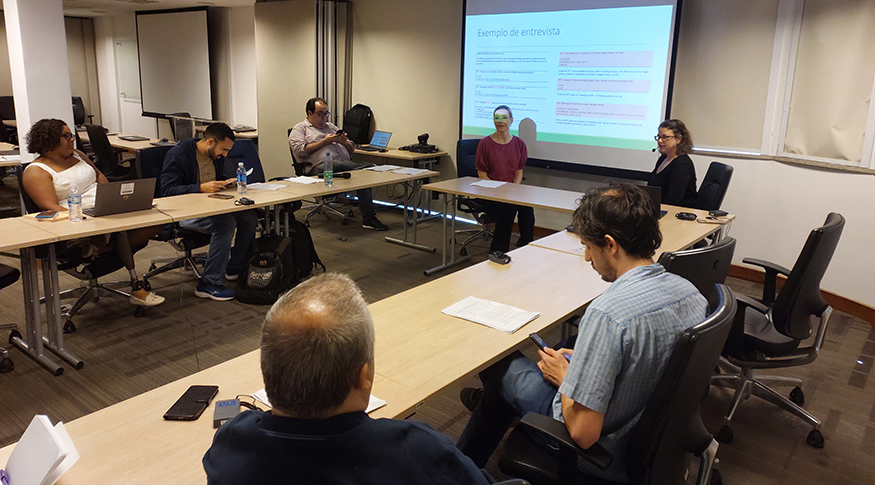
In partnership with UNICEF and the Washington Group on Disability Statistics (WG), the IBGE is carrying out a week training for researchers and assessment of questionnaires to accomplish cognitive surveys, focused on inclusive education and children with disability. It will take a week, from August 21 to 25.
The first two days of training took place in the Corporate Intelligence Center at the IBGE headquarters, in Rio de Janeiro. Instructors presented the method of interviews and the questionnaire, which should be applied in other countries as well. The general objective of the project is to develop, test and validate the whole set of questions on the participation and the school environment, which can be used by every country in order to collect data internationally comparable, nationally representative and statistically sound.
“It is being a very productive week, both for our team and for the UNICEF colleagues, who are going to the field. It will be important to collect these results so as to have elements of analysis for the possibilities that will be outlined for our surveys,” highlighted Adriana Beringuy, the Coordinator of the Continuous PNAD.
On the IBGE side, the activities were followed up by the Workgroup of Disability of the Directorate of Surveys, which recently released the Persons with disability module of the 2022 Continuous PNAD, which investigated the way these persons are inserted in the labor market and their access to education and income.
The training counted with the participation of two instructors of the WG, Meredith Massay and Kristen Cibelli Hibben.
Meredith Massay, one of the WG instructors, explained that it is possible to have problems with some questions before going to the field. Therefore, this phase of the process is important to pinpoint them and amend them before the application of the questionnaires. Massay added that it is also possible for a question to work in a group that doesn´t have a functional disability and not work in a group that has it. Thus, the test is required to maximize data comparability, to guarantee that the questionnaire is being understood by informants of different groups of persons.
Massay also clarified the major differences in the objectives of cognitive surveys that the researchers should have in mind when approaching informants. “In cognitive surveys, the objective is to know how informants understand each question of the questionnaire and the reasons for their answers. We want to find out which is the life history of informants that takes them to answer each question in a specific way. The question that an informant is answering can be completely different of the question that we, data scientists, are asking, due to their perception and life experiences, and this is what we want to find out.”
On the other hand, Kristen Cibelli Hibben highlighted that a number of factors should be taken into account in the analysis of the results. “Beyond the understanding of the question itself, it is also important to understand that there are other steps in the question-answer process, like memory, judgment and the answer itself. Not all informants will manage to remind a reference period as easy as each other, not all informants will understand that the same type of information is important for the answer. And all these steps are influenced by social factors, which should be understood by researchers. We need to be sure that the terms used in the questionnaires are accessible and make sense to informants,” highlighted her.
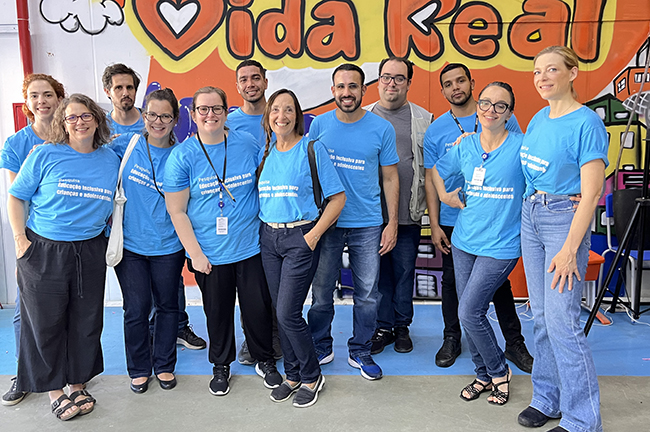
After the analysis of the questionnaire by researchers, rounds of test interviews were carried out among participants in order to be familiar with the questionnaires. Then, UNICEF selected nearly 80 mothers or guardians of children aged between 6 and 17 years in order to apply the questionnaires, half of the families with children with disability and half, without it.
The tests will help to guarantee that the questions effectively reflect the purpose of the themes to be assessed, in a way that they make sense and are understood by informants. The cognitive interviews are written down and audio taped as well. Later, a summary report will be produced by WG representatives with major conclusions, observations and recommendations.



